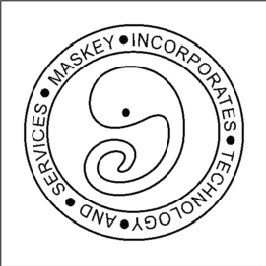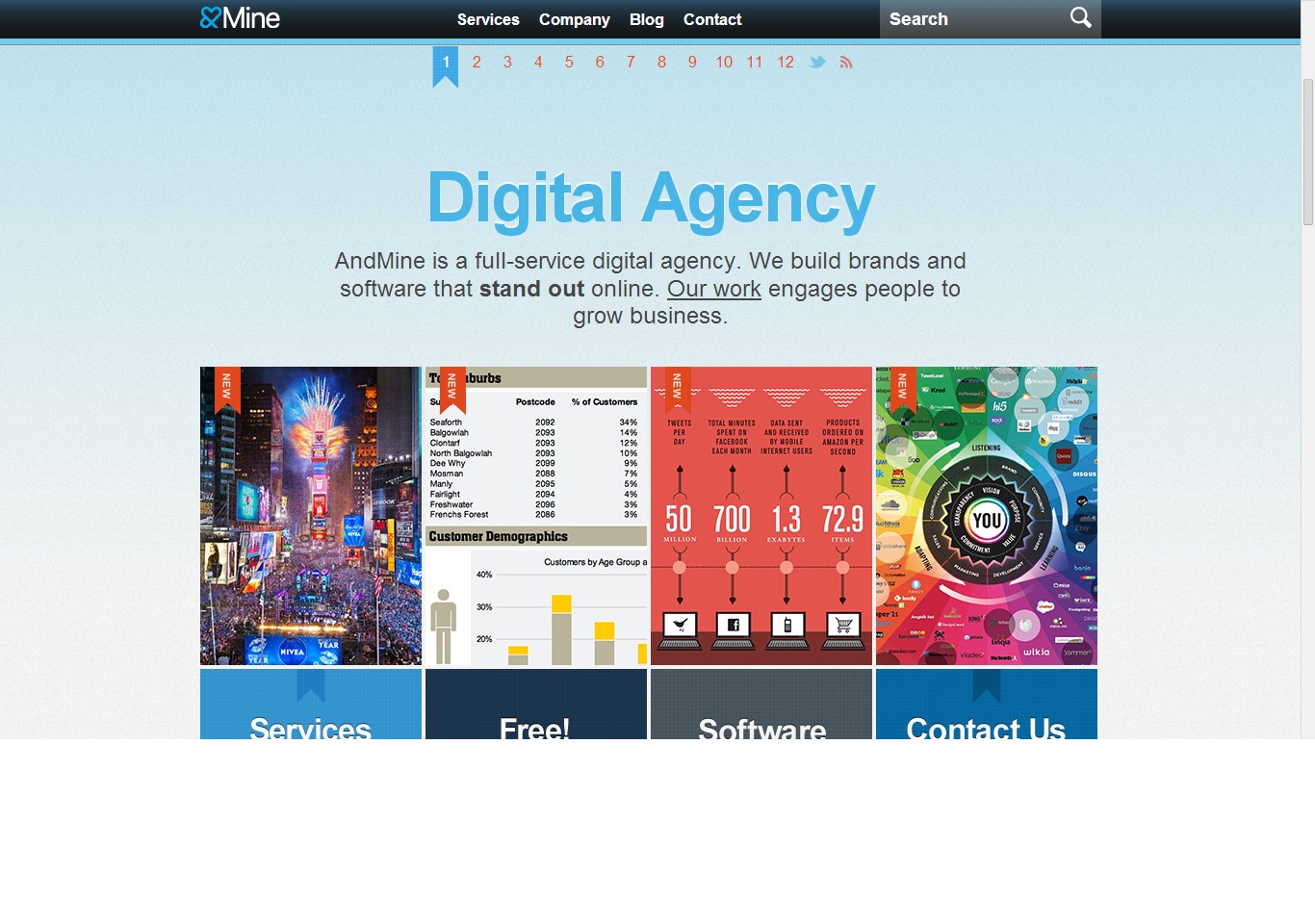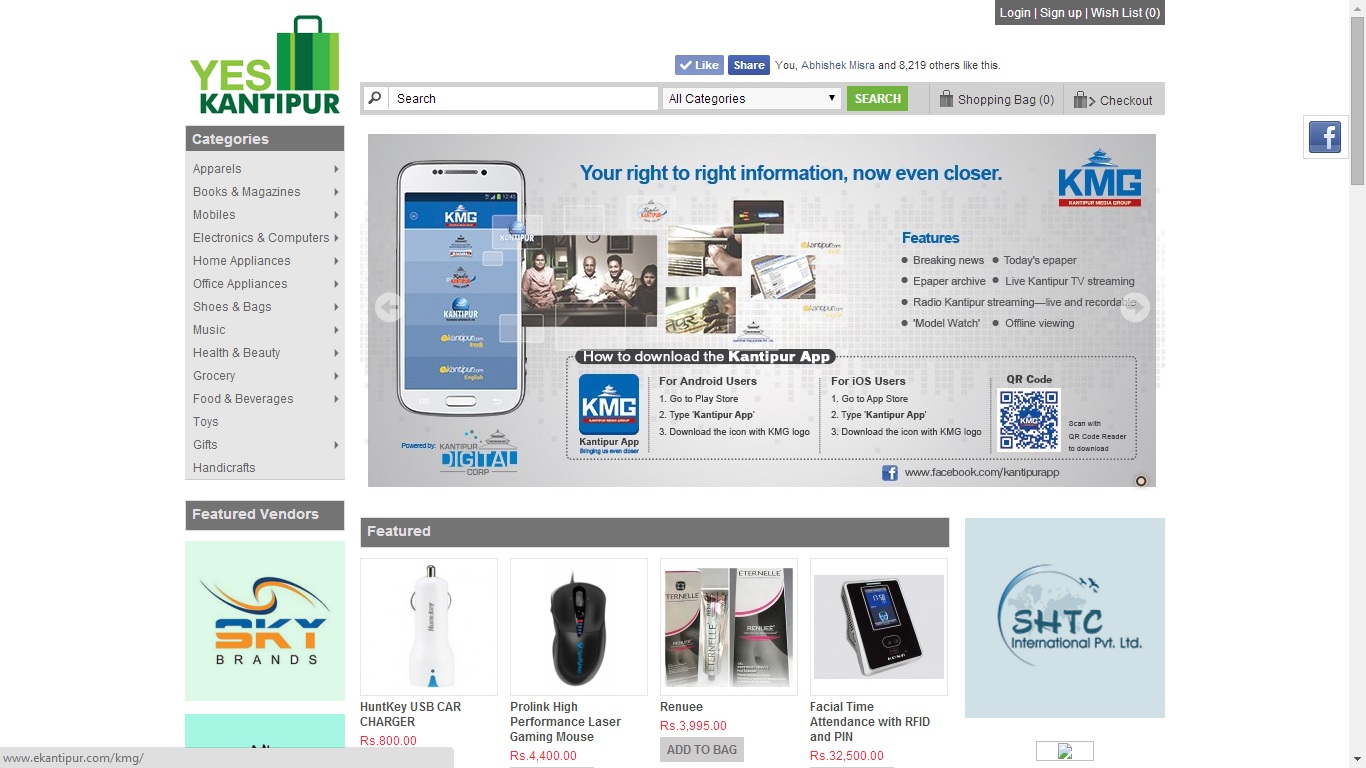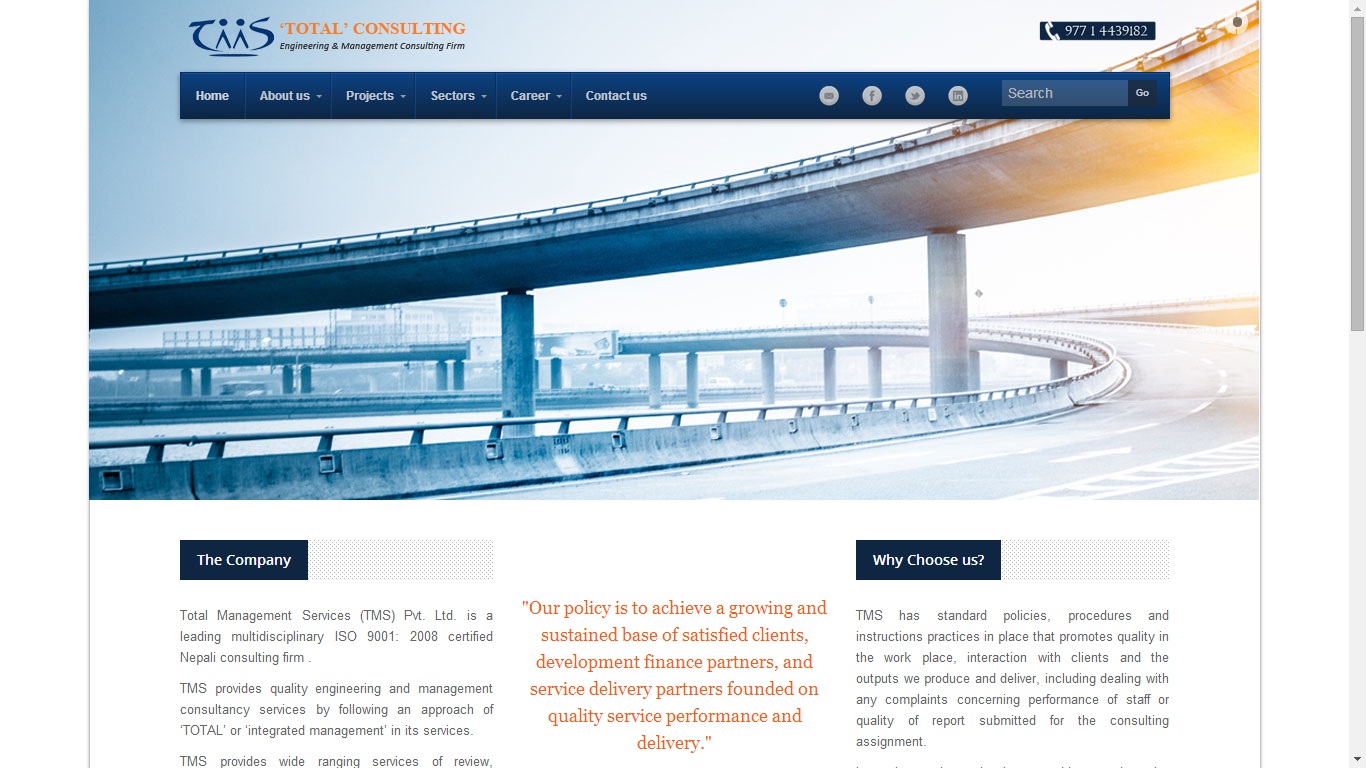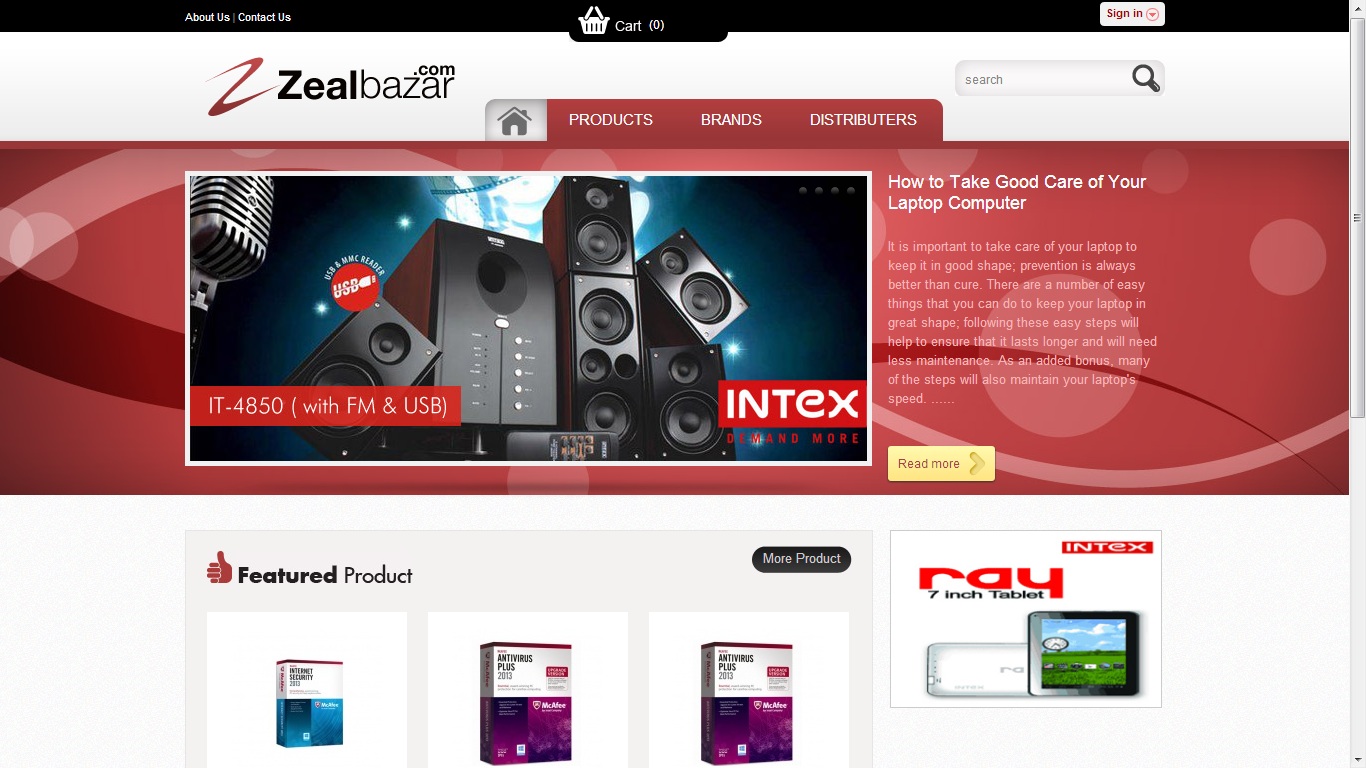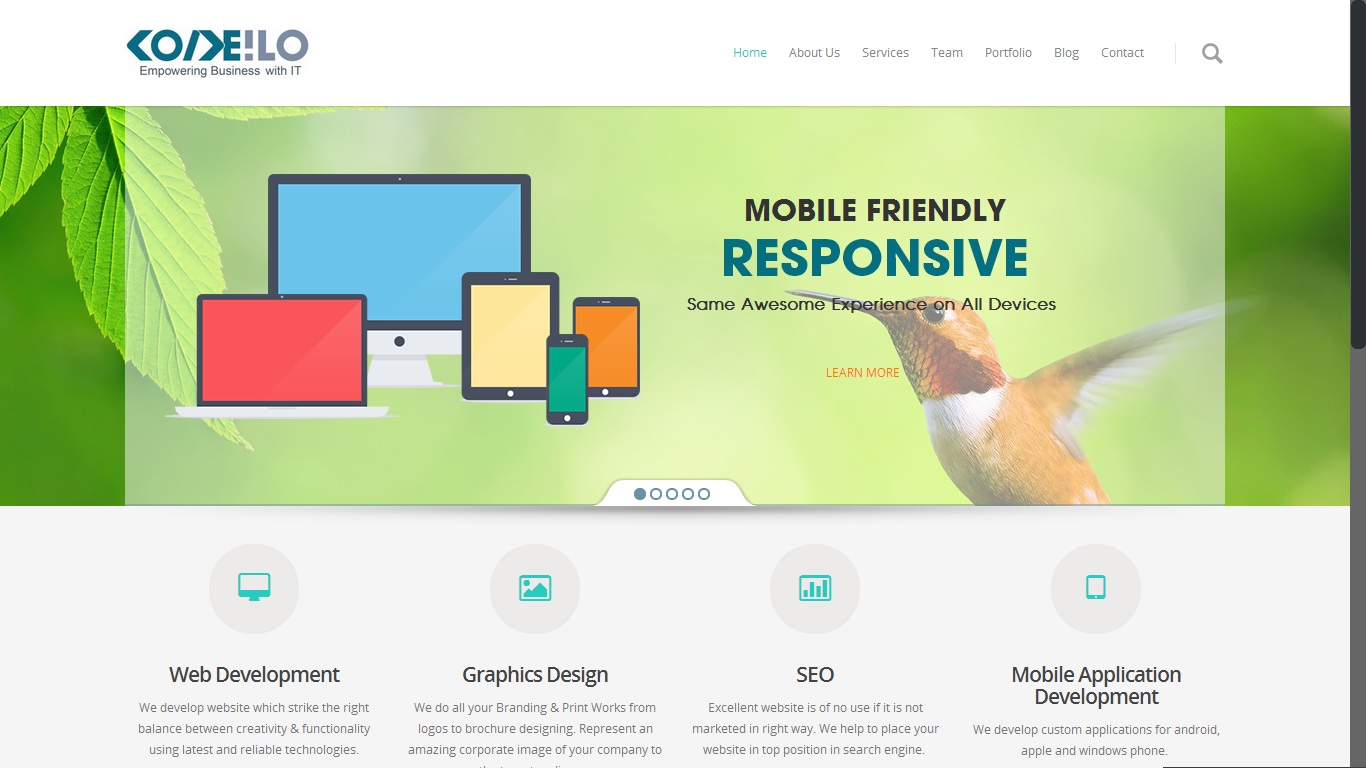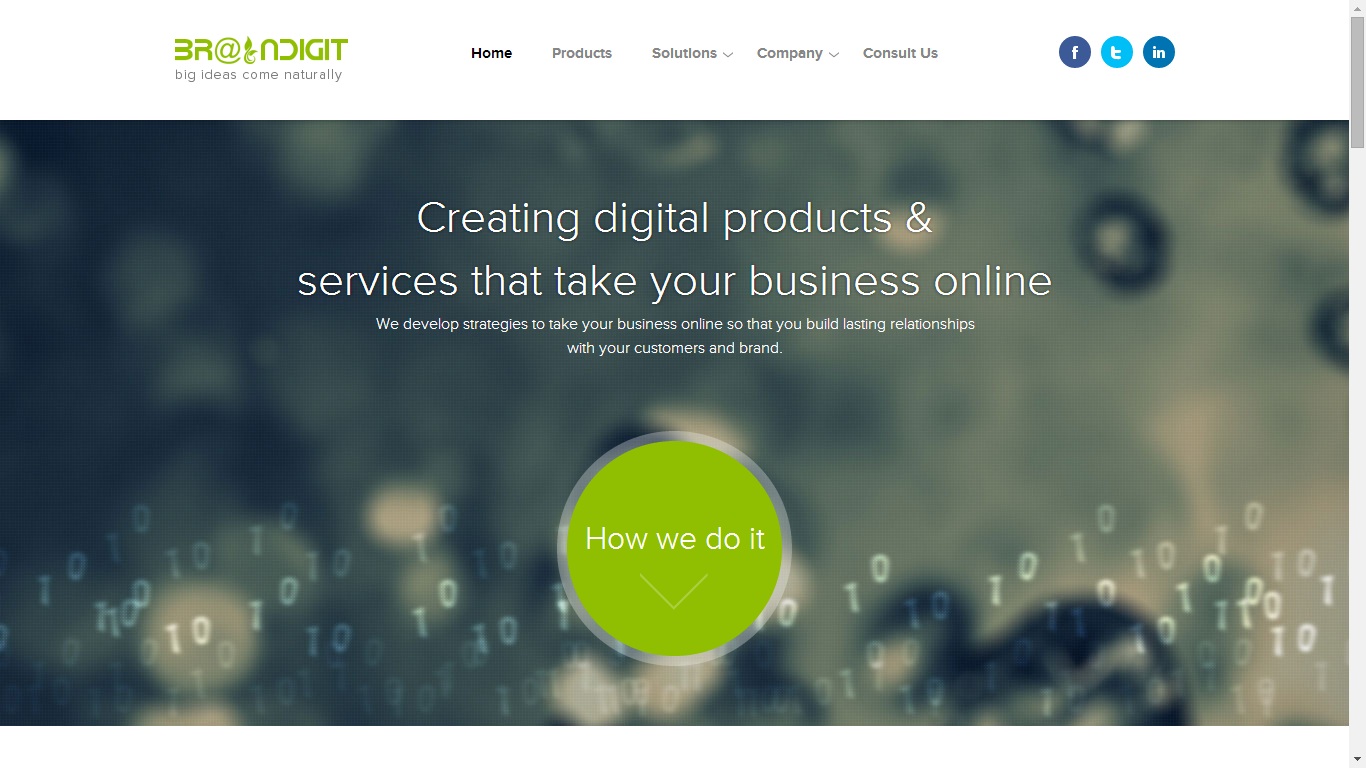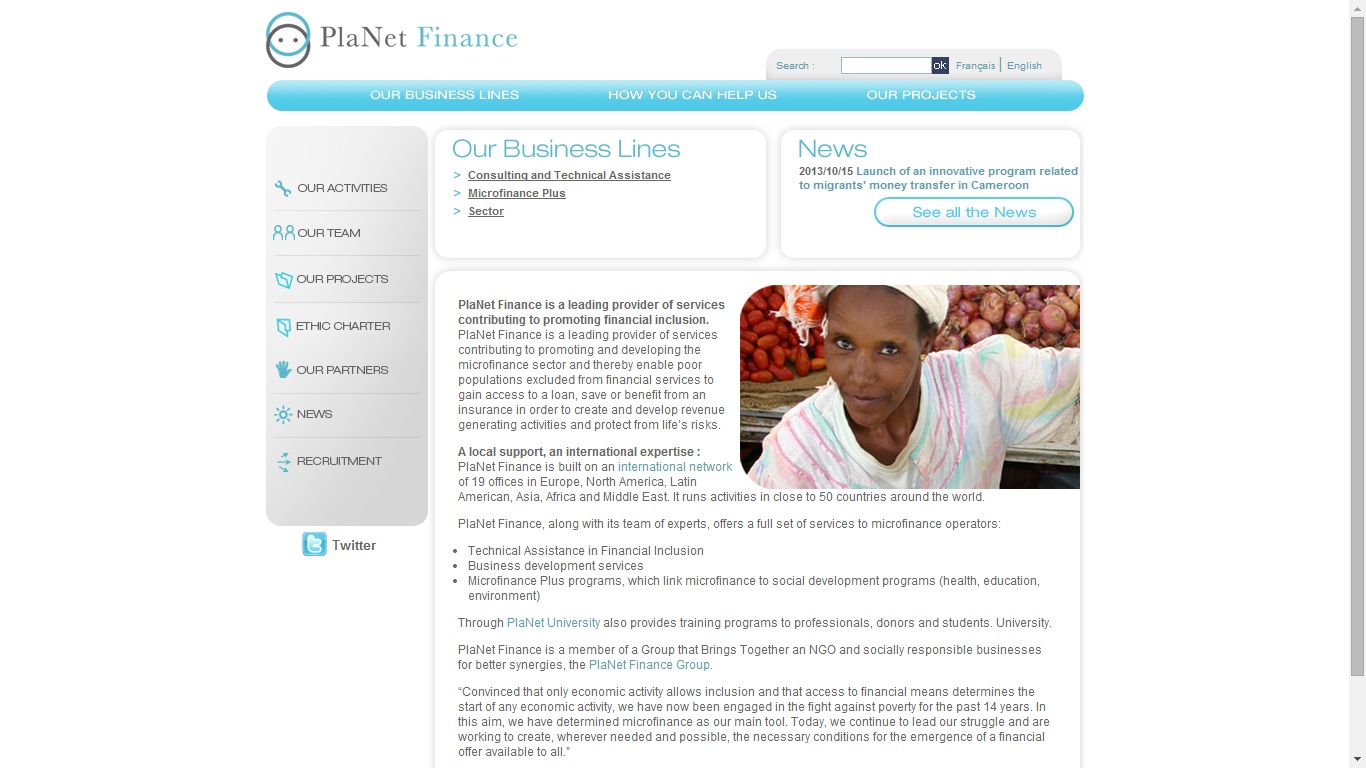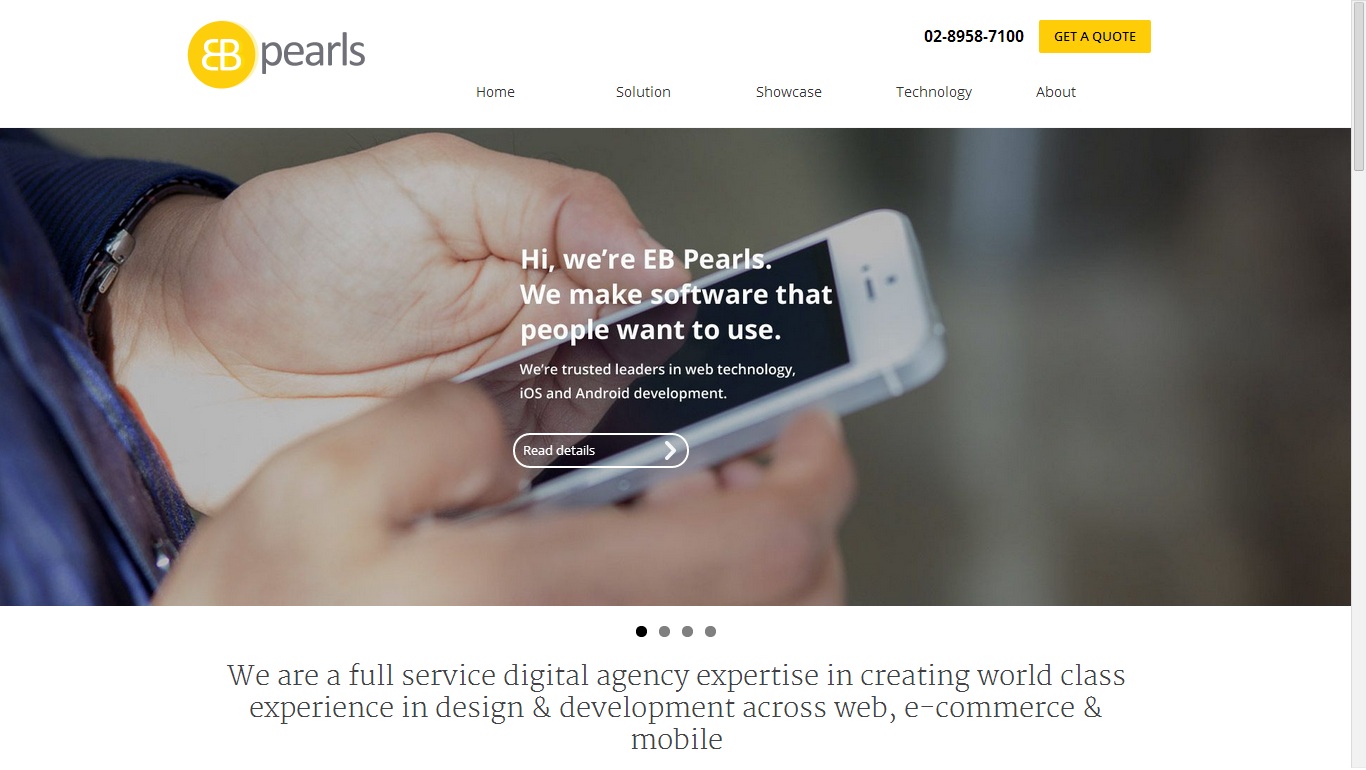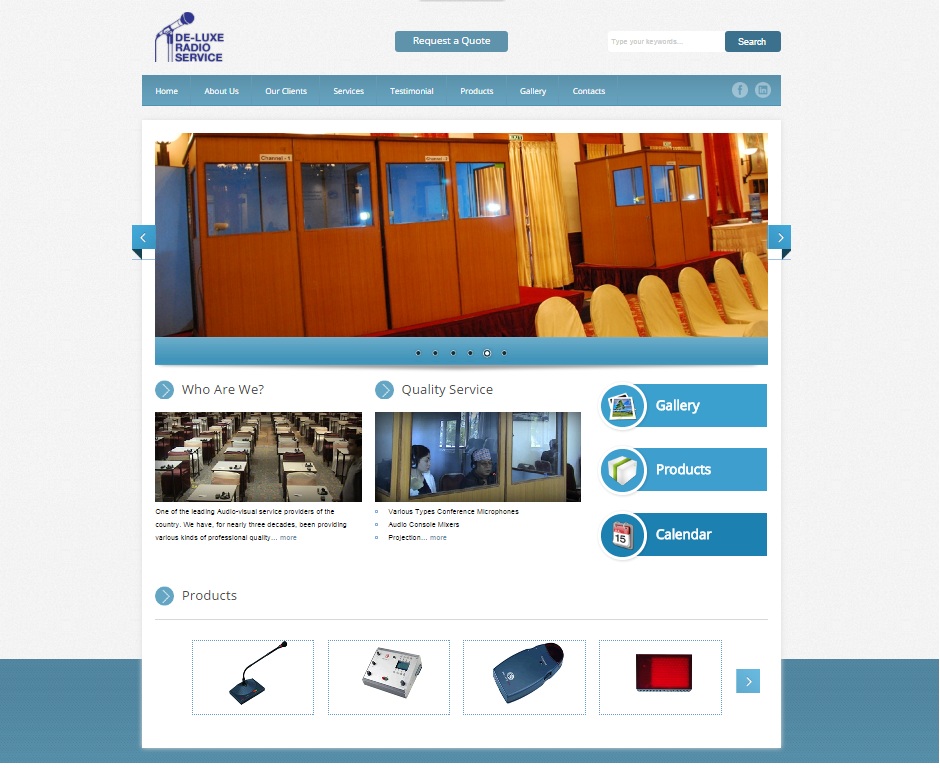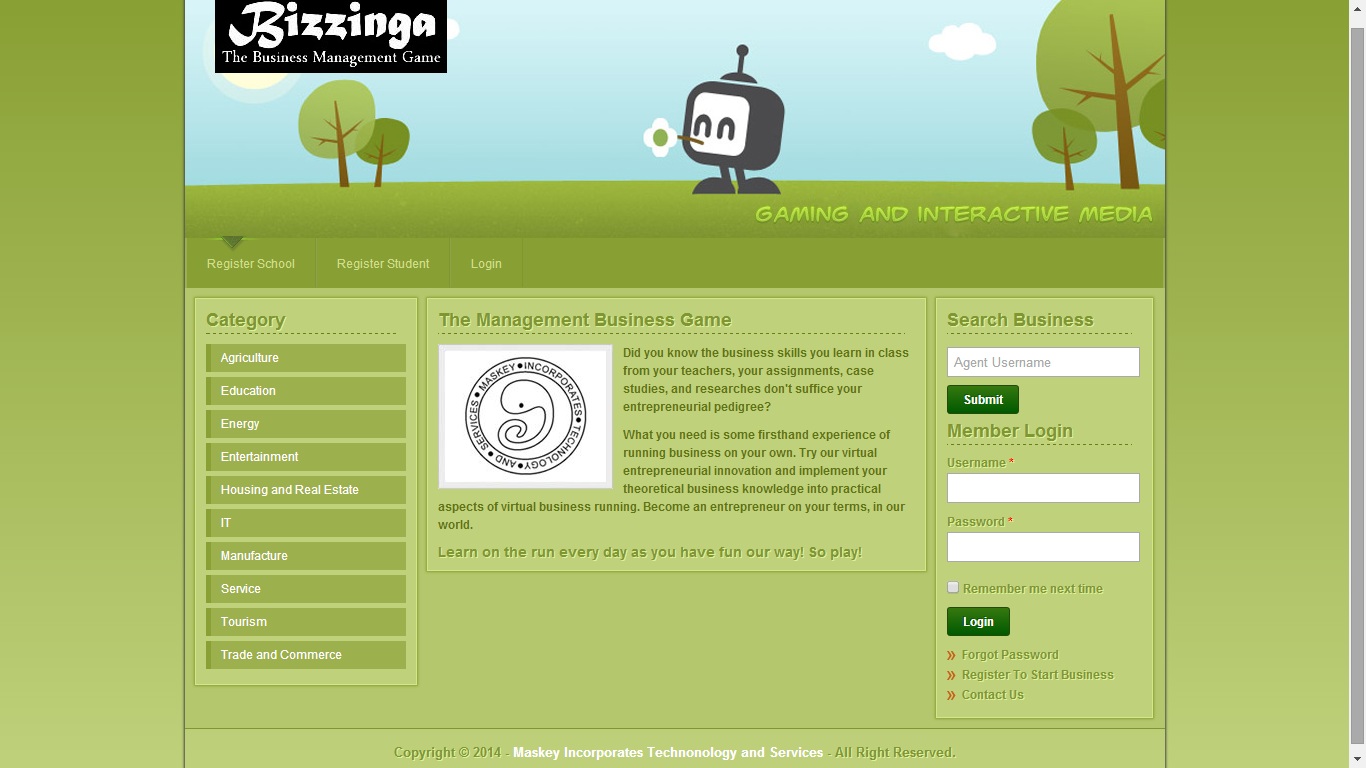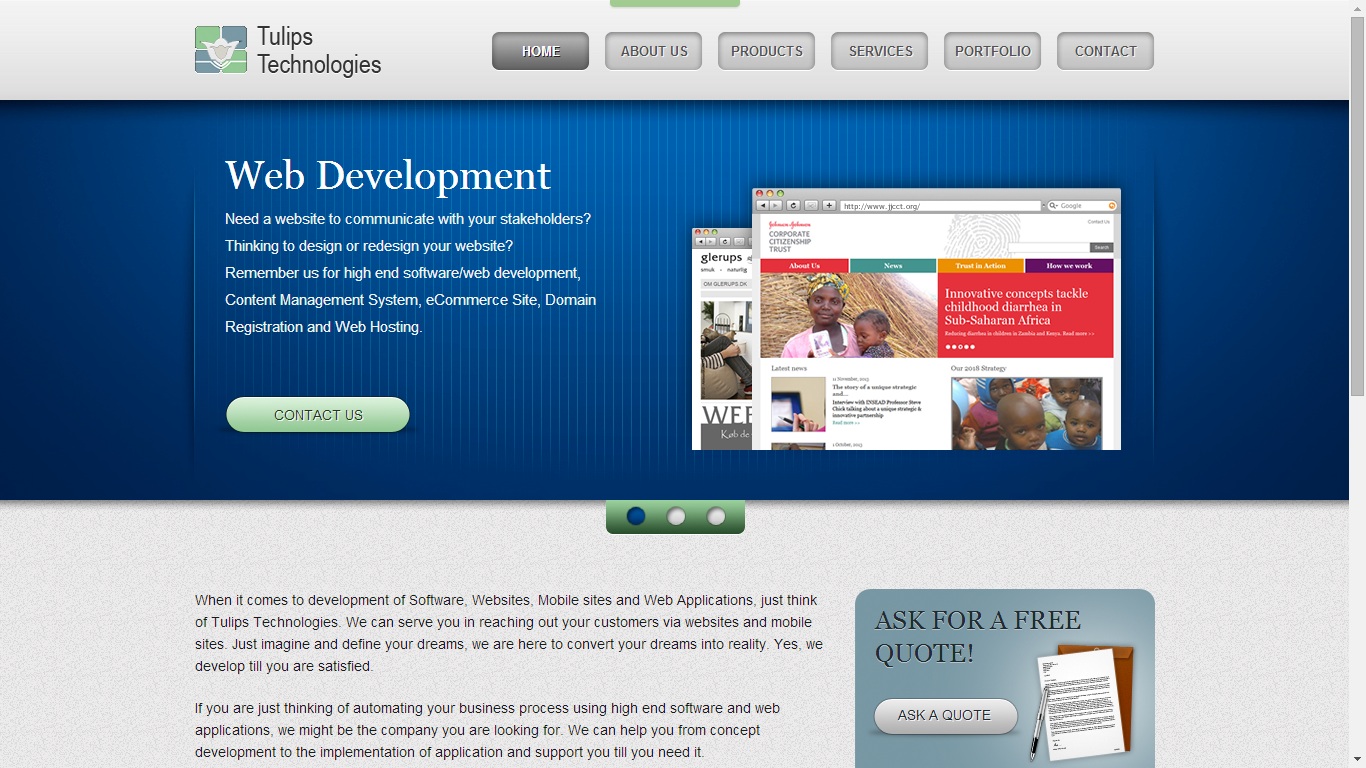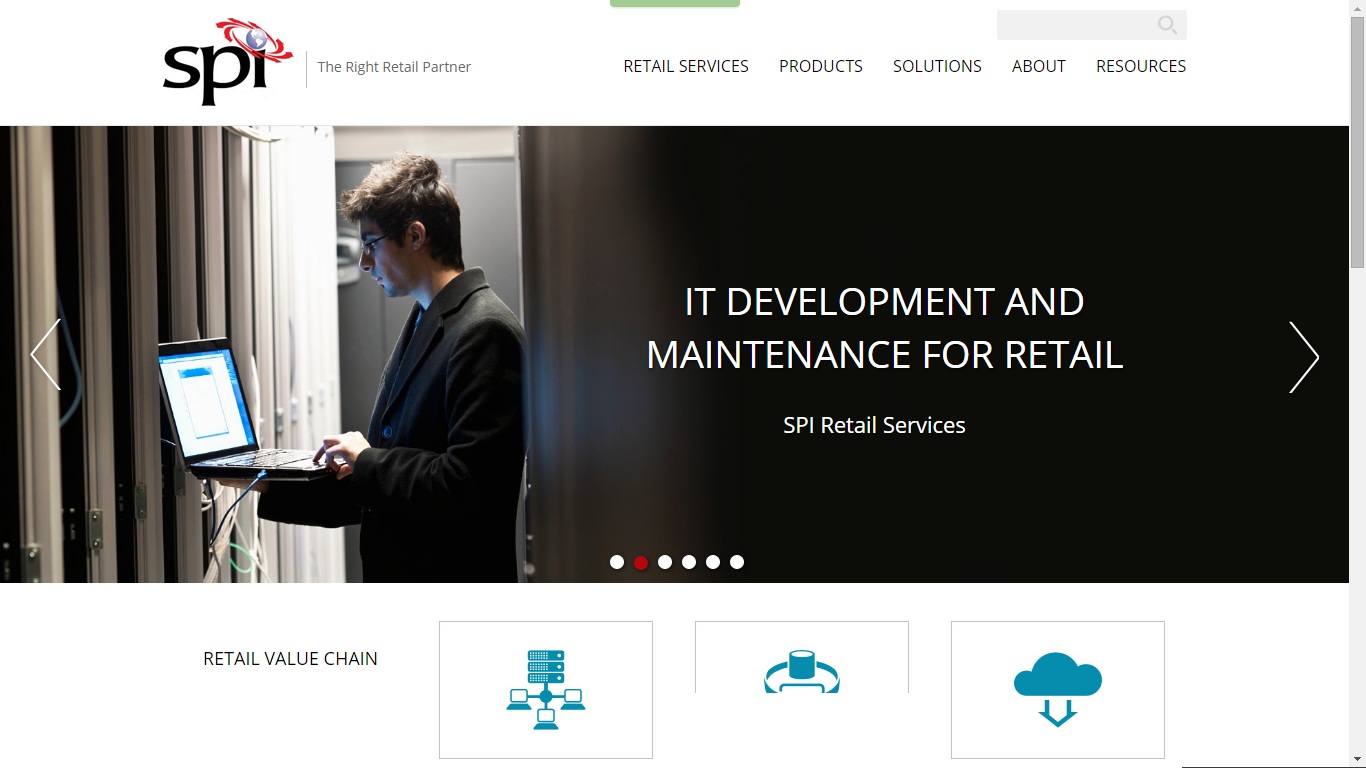-
Vacancy Announcement from Sunrise Bank Limited
Sunrise Bank Limited is a fast growing “A” Class Commercial Bank with diversification to various areas of functions and with rapid branch expansion target across the nation aims to increase the pace of quality growth. In this process t ...
Read More -
Vacancy notice from CDS and Clearing Limited, a wholly owned subsidiary company of Nepal Stock Exchange
CDS and Clearing Limited, a company established under the company act is a company promoted by Nepal Stock Exchange Limited (NEPSE) in 2010 to provide centralized depository, clearing and settlement services in Nepal. The main objective of the com ...
Read More -
Vacancy announcement from Civil Capital Market
Vacancy Announcement
Read More
Chief Executive Officer (CEO)
Civil Capital Market Limited (CCML), Head Office, Civil Trade Center Sundhara, Kathmandu, requests for expression (EOI) for the position of Chief Executive Officer (CEO)
CCML, ... -
Vacancy Announcement from Global IME Bank
Bank Overview
Read More
Global IME Bank Ltd. (GIBL) emerged after successful merger of Global Bank Ltd (an “A” class commercial bank), IME Financial Institution (a “C” class finance company) and Lord Buddha Finance Ltd. (a &ldqu ... -
Vacancy notice from Lumbini Bikas Bank Limited
Vacancy Announcement
Read More
Lumbini Bikas Bank Limited, a leading national level development bank invites application from highly motivated, dynamic and result oriented Nepalese Citizen for the follow ...
- ... Read More
-
I’ve spent almost 10 years interviewing thousands of candidates and developed a blue print for NAILING your next interview, follow these steps and you will dramatically increase your chances.
1. Know the position you are applying for ...
Read More -
Use these tips to write an effective resume that meets the employer's needs and gets you an interview.
Heading
- Type your name at the top in caps with large, bold type. Include your address, phone ...
-
Ever wondered why a Brit applies with a CV and an American with a resume? And why does an Aussie apply with both? There are a few differences between the two types of application documents and this article will straighten out your queries as well ...
Read More -
Wouldn’t it be great to know what answers the hiring manager is looking for? We asked, and they delivered.
By- Isabel Thottam
Being a mind reader would come in handy during the interview and make the whole getting-a-job thing ...
Read More
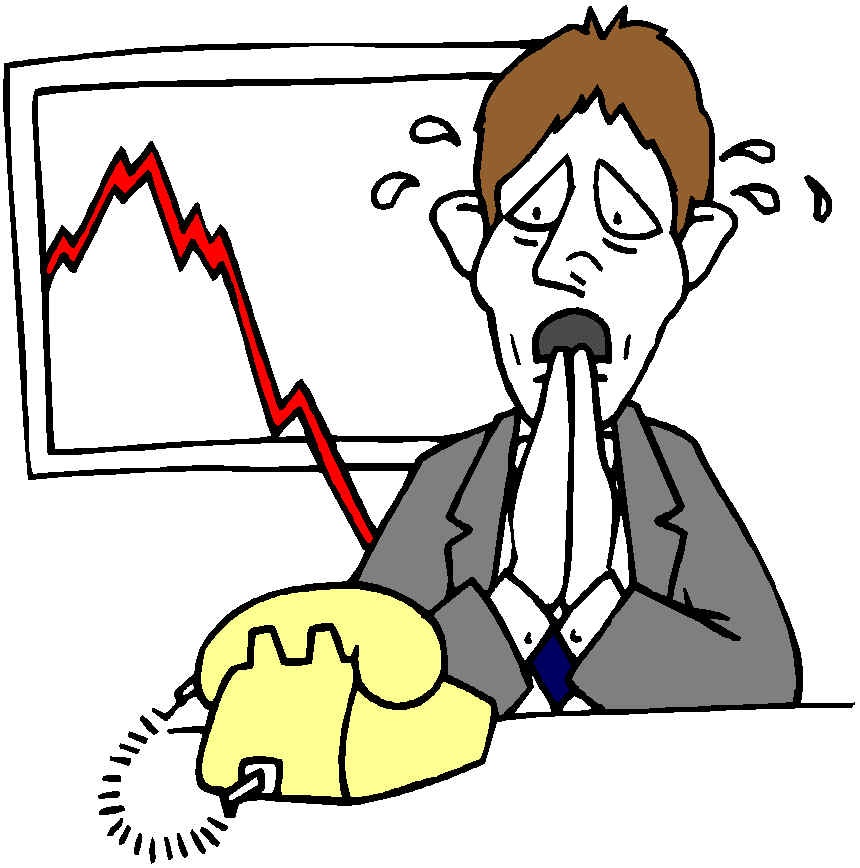
By Ron Haynes
Despite cries to the contrary, cold calling, even in its most classical sense, is notdead. I define a cold call as a surprise ... any phone call or personal visit where the recipient isn't expecting to hear from me or see me.
When I was working in a corporate office for most of 15 years, I would get the occasional cold call and despite my very busy schedule, I took them, engaged the salesperson, and in many cases, would agree to meet. I considered it an obligation to stay up with industry trends and new ideas. Meeting with people was a great way to do it. Several of those salespeople are still good friends today.
I'm familiar with one organization where the executives set aside one morning each month to take cold calls - without appointments - from salespeople. They're a very open and receptive company that stays ahead of the game in their industry ... all by taking cold calls.
Why should you take 'cold' calls?
1. To stay "in the know"
It's was my job to stay up to speed with what's going on in my industry. In many cases, a salesperson would provide me with information that I didn't have from other sources. Accepting a call or a visit, meant that I was open and receptive to new information or meeting a new person. I believe that every person can teach me something so, by agreeing to take a call or visit I was able to, at worst, critique their presentation (and learn something) or at best, would find a new product, service, or information that would help me improve my company.
The person contacting you may have the business equivalent of a cure for cancer but refusing to take that call means you'll miss out. You're generally savvy enough to spot a scam or con-man anyway so what's the harm in setting aside some time to receive calls? You're not that busy are you?
Is every call going to provide an immense amount of value? Of course not, but how much time was wasted today plinking around on the Internet, visiting with Beatrice about her grandson, cleaning your desk, or walking around the office looking for the IT guy when you could simply page him?
2. What comes around goes around.
You expect your own salespeople to contact people. In my current role, I meet with decision makers, many of whom have outside sales forces. I'm always amazed at those who set up barrier after barrier for themselves yet expect their own salespeople to overcome similar barriers. Many even exclaim, "I don't want to hear excuses! I want results!" Ironic, no?
Some organizations are like iron vaults with executives and decision makers completely insulated and closed off from the outside world. All their information (and the interpretation of that information) comes from inside the company. New ideas and even new people are regarded as suspicious and even potentially dangerous. Other organizations are open, receptive, and eager to meet with new people. They have a sense of curiosity and are approachable. How would you like your organization to be known?
3. You'll save time.
Many salespeople have a system of calling, emailing, direct mailing, and maybe drop in visits. Three emails, three phone calls (all going to voice mail), a few direct mail pieces, and maybe a personal visit. How much time does it take to read three emails and hit delete, listen to three voice mails and hit delete, open and read the mail then trash it, or convince your assistant that you're really not in the mood to take a personal visit? By taking that one phone call you can eliminate all those other interruptions - even if you just say, "Thanks but we're not interested."
Sales pros know that it takes multiple "touches" to get through these days. If you've been contacted 8 times by the same persistent salesperson, think how much time you could have saved by accepting a phone call and answering a few questions.
4. You'll learn something you're competitor may not know.
Revolutionary and "disruptive" products and services are out there. Are you familiar with them all? By taking a cold call you may be able to initiate a relationship with a company that allows you to achieve a position of market leadership over a competitor.
Good salespeople, once they hit enough barriers at your organization, will probably visit your competitor. Wouldn't you like the "right of first refusal?"
5. Your assistant isn't qualified to make those decisions for you.
Your assistant, while competent and adept, doesn't have the business sense you do and may not be as up to speed with everything going on. I recently contacted a company to ask a few questions about their talent selection and development process and was told by the decision maker's assistant that "We're already using XYZ Company and we're happy." When I asked them about how XYZ was doing with follow up, the assistant had no idea. "What do you mean 'follow up?'" I explained and was immediately put through to another person who quickly wanted to set up an appointment because of problems they were having that weren't communicated to the decision maker's assistant. I have a meeting next week that will include the decision maker.
Why do people refuse cold calls?
Several reasons:
- They don't understand the potential value. That's usually the salesperson's fault.
- They've convinced themselves that they're busier than they really are. I had one VP of HR try to tell me she didn't have any room for a 15 minute meeting for the next 14 weeks. I'm sorry but no one is that busy.
- They've confused 'cold' business calls with those annoying telemarketing calls they receive at home between 6pm and 8pm.
- They're worried they'll be asked to make a decision and decisions are scary for some folks.
- They are afraid they'll be convinced to buy something and then have buyer's remorse or that their boss will "have a come-apart" (Southern speak for "get mad").
- They're concerned with wasting time without understanding anything about what the salesperson is offering.
Worried that you'll be inundated with cold calls? Don't be. Most salespeople are SCARED TO DEATH of picking up the phone, hitting ten buttons, and initiating a conversation with you. Volumes have been written about cold calls. There are seminars and webinars and instructions on the Internet on how to do it but most people still avoid it like the plague.
By being more open, YOU are in control and you may find that taking that call was the best decision you ever made.
Source- Linked In
Back To List
